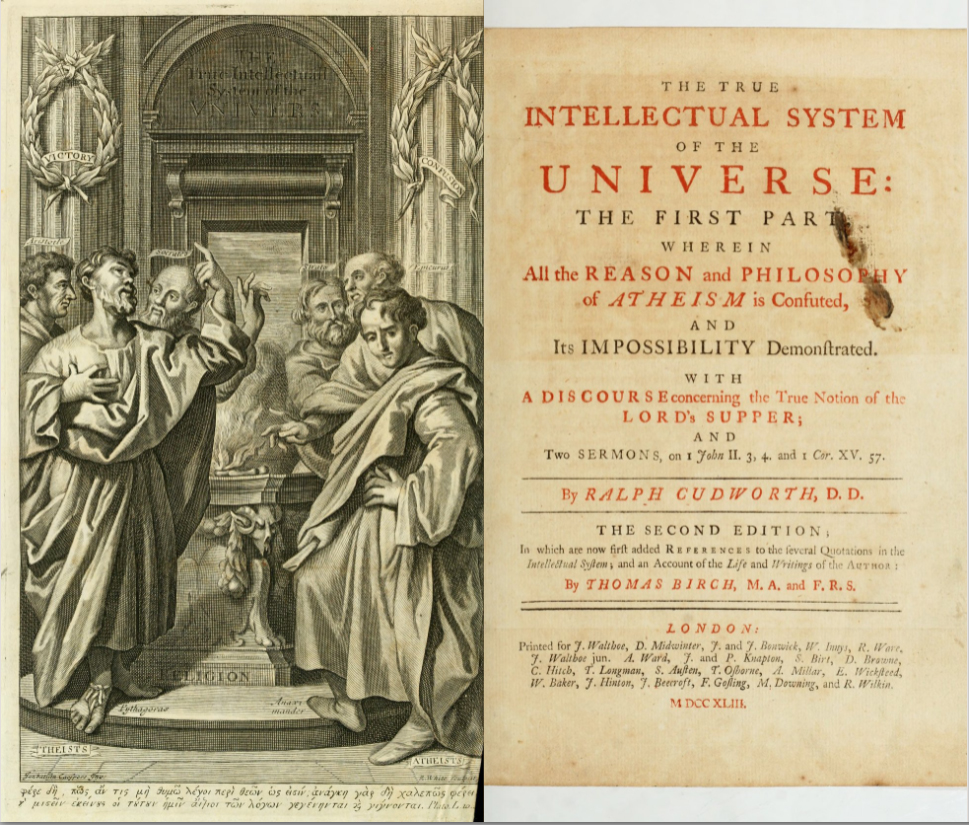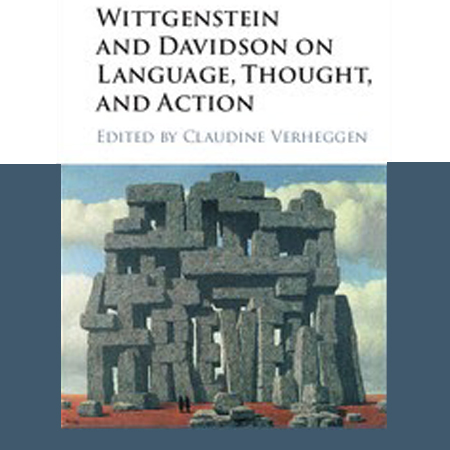
Kristin Andrews
Kristin Andrews
Animal social norms are a newly emerging topic in the Philosophy of Animal Minds. Given the profound role of social norms in shaping, diversifying, and predicting human social behaviour within and across cultures, in the past 15 years, there has been increasing interest in social norms from philosophy, developmental psychology, social psychology, behavioural economics, anthropology, and neuroscience. Only now is this topic being investigated in nonhuman animals.
The new idea that animals might also have social norms stems from related research in three different areas: animal social cognition (eg. Andrews 2012; Lurz 2011), animal morality (eg. Andrews 2020; Fitzpatrick 2020; Monsó 2017; Monsó & Andrews 2021; Preston & de Waal 2002; Rowlands 2012; Vincent et al. 2019), and animal political community (eg. Andrews et al. 2018; Donaldson & Kymlica 2011). While this older work tends to focus on the cognitive capacities of individuals, my current approach is to turn a lens toward the capacities of groups of animals—members of cultures that have structures that are preserved through a dual inheritance system of both biology and culture. This more anthropological approach to animal minds is grounded in the scientific acceptance of culture in animals, first reported in chimpanzees, but now recognized across a large range of animal taxa, from birds and bees to fish and cetaceans.
In my research project on animal social norms, I defend normative pluralism when it comes to human normative moral psychology (Westra and Andrews in preparation), and use this framework to identify potential social norms in nonhuman animals, with possible examples being inequity aversion in capuchin monkeys (Brosnan & De Waal 2003) and infanticide protest in chimpanzees (von Rohr et al. 2011). I am collaborating with scientists to test the hypothesis that animals have social norms and to explore how social norms can be used to advance conservation goals. For example, Human-Wildlife Conflict (HWC), such as crop raiding, may be fruitfully understood through a framework of animal norms. Existing research on norm change could offer a new (and high risk/high reward) approach to a range of issues related to HWC (Brakes et al. 2021) and animal welfare (Fitzpatrick and Andrews 2021).
Matthew Leisinger
Professor Matthew Leisinger’s current research project focuses on the seventeenth-century philosopher Ralph Cudworth (1617–1688), author of the ambitiously titled work, The True Intellectual System of the Universe (1678). Along with his close colleague Henry More, Cudworth is probably the most significant of a group of philosophers known as the “Cambridge Platonists”. Cudworth’s philosophical contributions include introducing the word “consciousness” into the English philosophical vocabulary, positing the existence of a “plastic life of nature” that animates the physical world, and laying the foundations for eighteenth-century British metaethics and moral epistemology.
Professor Leisinger’s research focuses in particular on Cudworth’s largely unpublished "freewill manuscripts". In these manuscripts, Cudworth seeks to defend the existence of free will against the arguments that Thomas Hobbes, notorious materialist and reputed atheist, presents in his infamous correspondence with the Anglican bishop John Bramhall. Cudworth believes that the reason why previous philosophers (such as Bramhall) have been unable to provide an adequate defence of free will is because they have begun with faulty psychological premises—in particular, the sharp distinction between the faculties of understanding and will. Accordingly, Cudworth’s project in the freewill manuscripts is to rebuild psychology from the ground up by developing a new account of the structure of the human mind and using this new account to explain the nature of free will. Professor Leisinger’s research aims to understand both Cudworth’s novel psychology as well as the resulting defence of free will.


Claudine Verheggen
Claudine Verheggen’s research focuses on foundational questions in philosophy of language: what constitutes meaning, in what way(s) is meaning normative, in what way(s) is meaning objective, can meaning be explained in terms that do not presuppose it, and, if it cannot, can we still say something philosophically constructive about it? Her interest in answering these questions is prompted in part by the consequences they may have for our understanding of the connection between language and reality, and our knowledge of the world around us. She believes that the theory of meaning is intimately connected to the theory of propositional content and that providing the latter is indispensable to a proper understanding of beliefs, which plays a major role in many philosophical fields. In addressing these questions she has been inspired by the later Wittgenstein and Donald Davidson, whom she takes to have more in common than is typically acknowledged. Indeed, she thinks that Wittgenstein’s emphasis on the connection between meaning and use and Davidson’s emphasis on the connection between meaning and truth are perfectly reconcilable. Thus she thinks that an acceptable account of meaning must take into consideration both language users and the world they talk about.
Verheggen is the editor of Wittgenstein and Davidson on Language, Thought, and Action (CUP 2017) and the co-author (with Robert Myers) of Donald Davidson’s Triangulation Argument: A Philosophical Inquiry (Routledge 2016). She is currently editing Kripke’s Wittgenstein on Rules and Private Language at 40 (for CUP), and preparing an introductory book on the philosophy of language (for Polity). She is currently Vice-President and in 2022–23 will be President of the Canadian Philosophical Association.

Learn More
The Graduate Program in Philosophy at York is an exciting environment to pursue innovative, socially engaging, career-ready education. Contact our Graduate Program Assistant to learn more.
